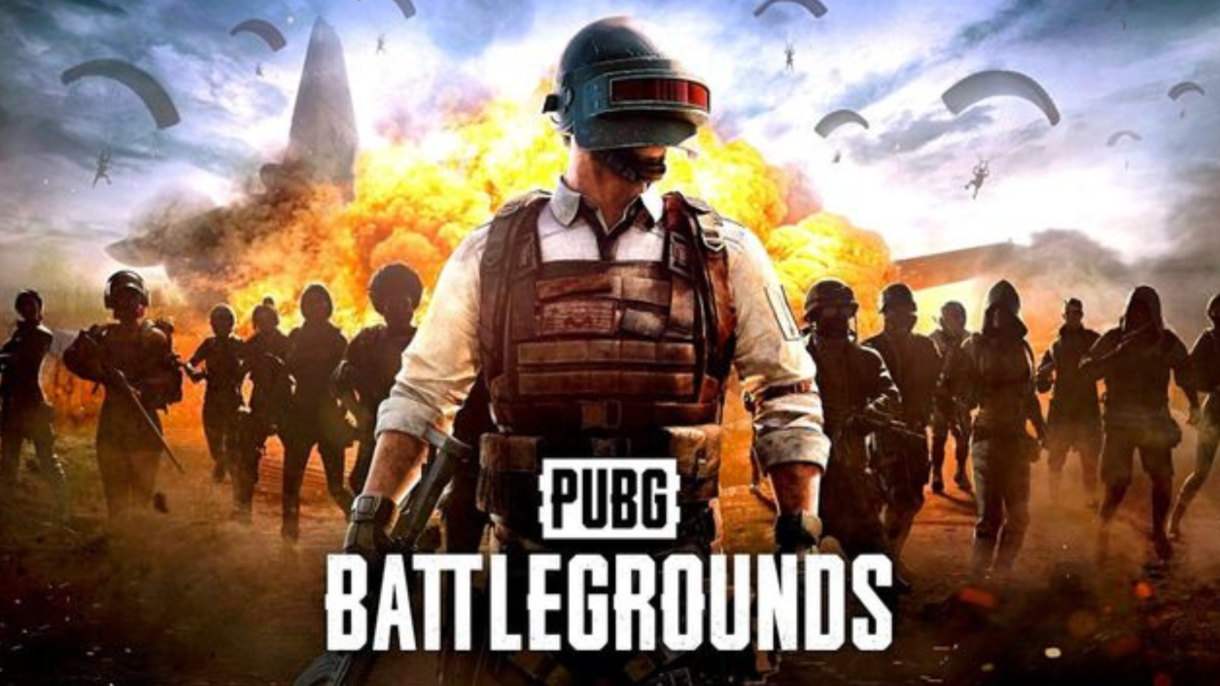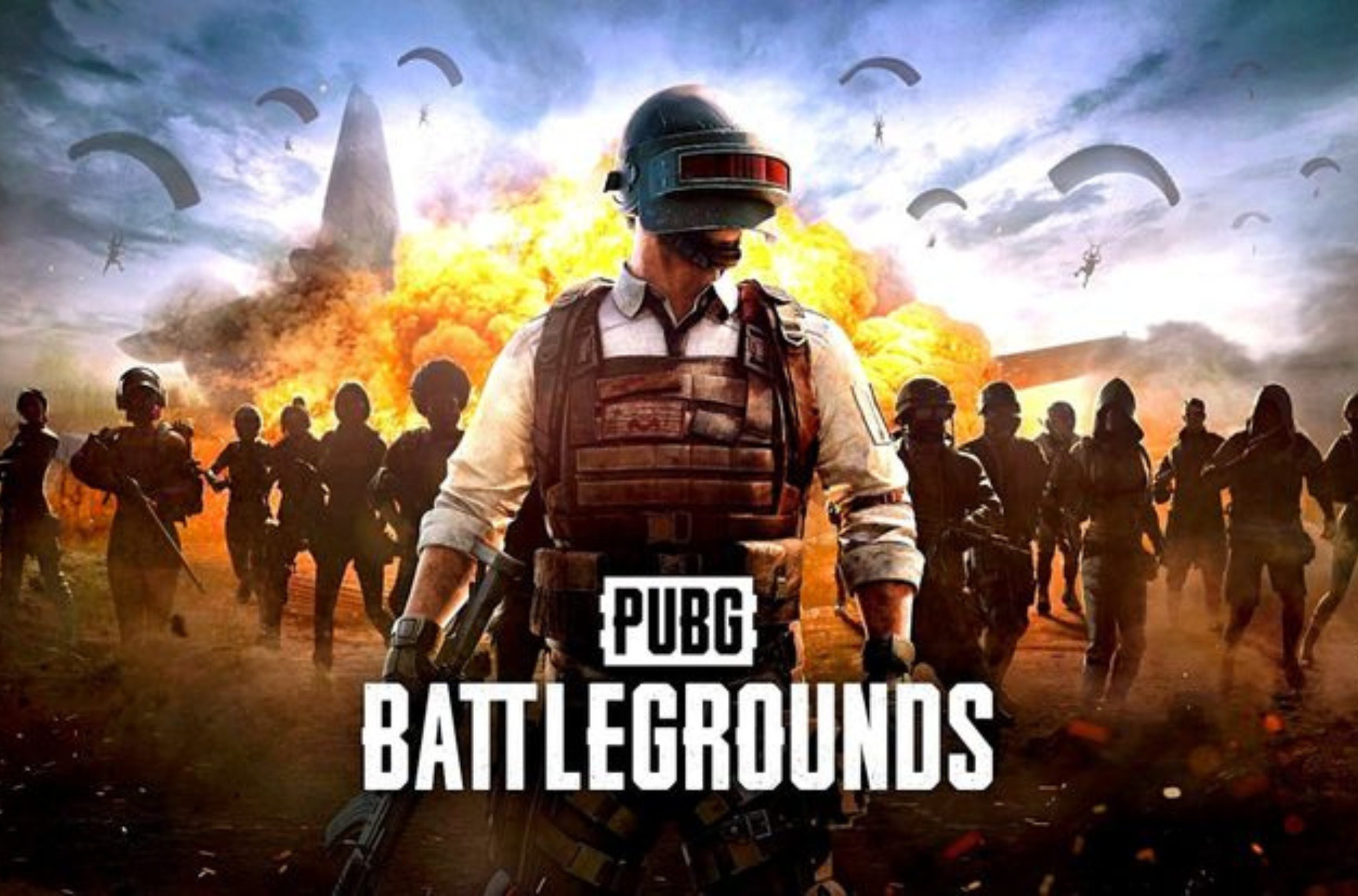
The global gaming industry has witnessed exponential growth, & games like PUBG have set the benchmark for success in the battle royal genre. If you dream of creating the next blockbuster game & becoming a renowned game developer, the journey begins with learning Game Development. Here’s a comprehensive guide to help you get started on your path to creating the next big hit in gaming.
1. Understand the Basics of Game Development:
Before diving into game development, it’s essential to understand the basic components that make up a game:
Game Design: The creative aspect that involves conceptualizing the game’s mechanics, storyline, characters, & objectives.
Programming: The technical side where you write code to bring your game to life. This includes game play logic, physics, & interactions.
Art & Animation: Creating the visual elements, including characters, environments, & animations, that make your game visually appealing.
Sound Design: Developing the audio elements, such as sound effects, background music, & voiceovers, to enhance the gaming experience.
2. Choose the Right Game Development Platform:
To start developing your game, you’ll need to choose a game development platform or engine. Some of the most popular game engines include:
Unity: A versatile and beginner-friendly engine known for its ability to create both 2D and 3D Games. Unity supports multiple platforms, making it ideal for indie developers.
Unreal Engine: Known for its high-quality Graphic Design & powerful tools, Unreal Engine is popular among developers looking to create AAA-quality games.
Godot: An open-source engine that’s gaining popularity for its simplicity & flexibility, ideal for both 2D and 3D Game Development.
Construct: A visual, drag-and-drop engine that’s great for beginners & allows you to create games without extensive programming knowledge.
3. Learn Programming Languages:
Programming is the backbone of Game Development. While some engines offer visual scripting, knowing a programming language is crucial for creating more complex games. Here are some key languages used in game development:
C#: Commonly used in Unity, C# is a versatile language that’s relatively easy to learn and powerful for creating both simple and complex games.
C++: The primary language for Unreal Engine, C++ offers high performance & control, making it ideal for developing high-end games.
Python: While not as common in mainstream game engines, Python is great for beginners & used in some indie and educational games.
JavaScript: Often used in web-based games and frameworks like Phase, JavaScript is essential for creating browser games.
4. Develop Your First Game:
Start small by creating a simple game to understand the development process from start to finish. Here’s a step-by-step approach:
Conceptualize Your Game: Start with a basic idea or genre you’re passionate about. It could be a simple plat former, puzzle game, or even a basic shooter.
Create a Game Design Document (GDD): Outline your game’s mechanics, story, characters, and level design. A GDD serves as a blueprint for your game.
Start Building: Use your chosen engine to start building the game. Begin with basic game play mechanics, & then move on to adding assets, animations, and sounds.
Test and Iterate: Play tests your game to identify bugs & areas for improvement. Game Development Course is an iterative process, so be prepared to make multiple revisions.
5. Master Game Art & Animation:
Visuals are a critical aspect of any game, & creating compelling art and animations can set your game apart. Here’s how to enhance your skills:
Learn Digital Art: Familiarize yourself with digital art software like Adobe Photoshop, Illustrator, or free alternatives like GIMP & Krita.
Understand 3D Modeling: If you’re creating a 3D game, learn how to use 3D Modeling software like Blender, Maya, or 3ds Max to create characters, environments, and props.
Animate Your Characters: Learn basic animation techniques to bring your characters & objects to life. Software like Spine or Dragon Bones is excellent for 2D animation, while Blender or Maya is great for 3D.
6. Immerse Yourself in Game Development Communities:
Joining game development communities is essential for learning, networking, & staying motivated. Here’s how to get involved:
Forums & Reddit: Participate in online forums like the Unity or Unreal Engine Communities, or join subedits like gamedev to discuss ideas, ask for advice, and share your progress.
Game Jams: Participate in game jams like Ludlum Dare or Global Game Jam. These events challenge you to create a game within a limited time, often leading to innovative ideas & rapid learning.
Follow Tutorials and Courses: There are countless tutorials and Online Courses available on platforms like YouTube, Udemy, or Coursera. These resources can help you learn specific skills, from coding to animation.
7. Study Successful Games:
To create the next PUBG, study what made successful games like PUBG stand out. Analyze their gameplay mechanics, user experience, art style, and how they engage & retain players. Understanding these elements can provide valuable insights into what makes a game successful & how you can apply similar strategies to your game.
8. Monetize Your Game:
Once you’ve developed your game, the next step is to monetize it. Here are a few strategies:
In-App Purchases: Offer in-game items, skins, or features that players can purchase.
Advertisements: Integrate ads into your game to earn revenue from player interactions.
Paid Games: Sell your game on platforms like Steam, Google Play, or the Apple App Store. Crowd funding: Use platforms like Kick starter or Indiegogo to fund your Game Development by offering backers early access, exclusive content, or other rewards.
9. Launch & Market Your Game:
Launching your game is a crucial step, & effective marketing can make or break its success. Here’s how to prepare for a successful launch:
Create a Website: Build a website or landing page to showcase your game, provide updates, and capture interest from potential players.
Social Media Presence: Use social media platforms to build hype around your game, share development progress, & engage with your audience.
Press Kits: Prepare a press kit with game trailers, screenshots, & a description. Reach out to gaming blogs, You Tubers, and influencers for coverage.
Early Access: Consider releasing an early access version to get feedback from players and build a community before the full launch.
Becoming the next PUBG maker with ZAFF Institute is no small feat, but with the right skills, dedication, and creativity, it’s within your reach. Start by mastering the fundamentals of Game Development, choose the right tools, & immerse yourself in the game development community. By consistently honing your skills & staying up-to-date with industry trends, you’ll be well on your way to creating a game that could be the next global sensation. Remember, every successful game starts with a simple idea—your journey to becoming a Game Developer starts now! For more insightful blogs about the internet and beyond, visit ZAFF Trends today!







0 Comments